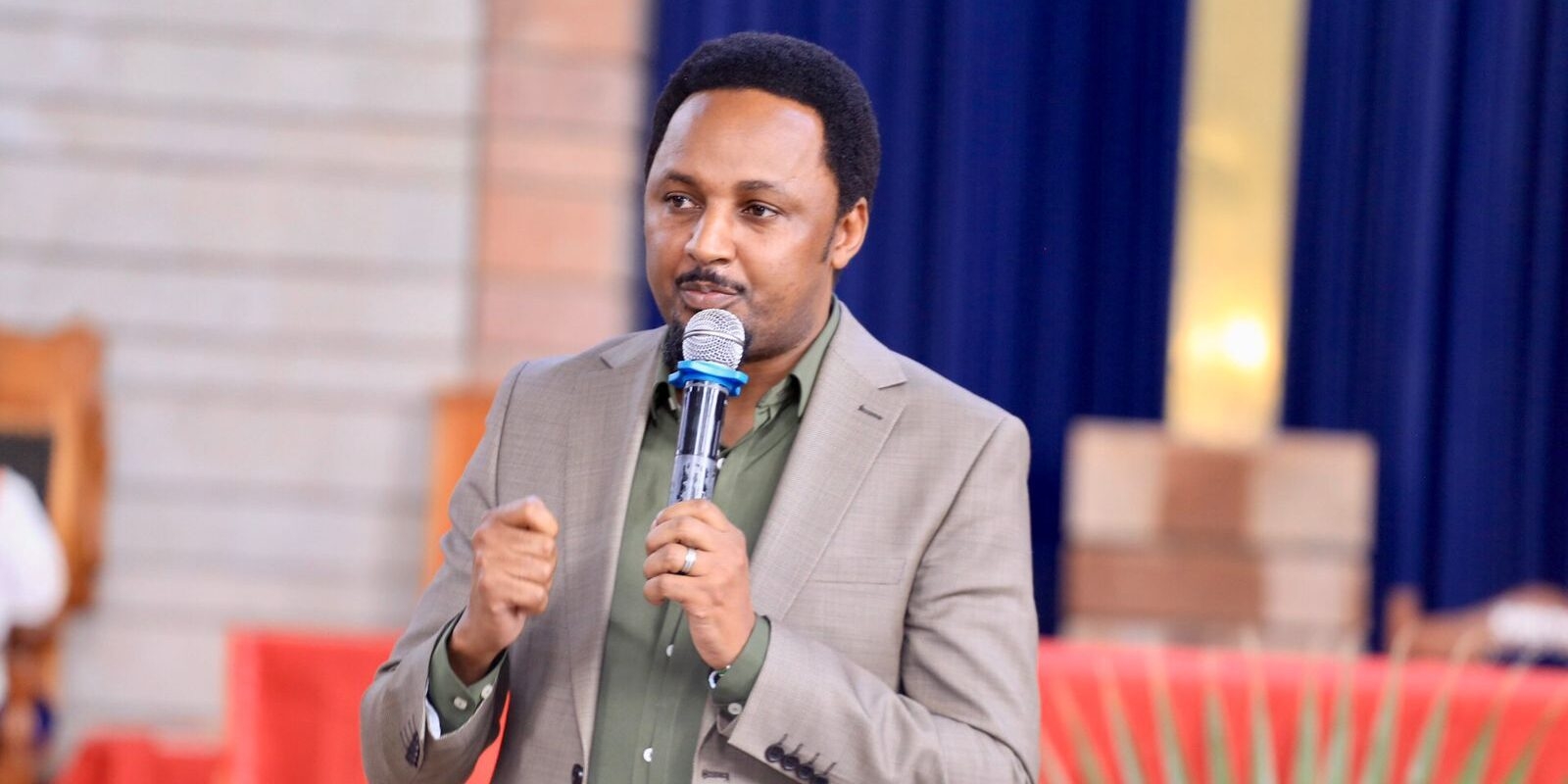A few days ago, Kenyans were treated to an ignominious spectacle when thousands of NYS graduates turned up for a recruitment exercise announced by the Kenya Defense Forces.
In a video that was widely shared and trended on social media sites on Monday morning, more than 7,000 NYS graduates who passed out in recent years turned up at the Embakasi Garrison Grounds in Nairobi to try their luck in the only 350 job vacancies advertised by KDF.
The intended recruitment ground ended up being too small to accommodate the mammoth crowd, it was filled to the brim with the over flow blocking the Eastern Bypass triggering a massive traffic jam.
Perhaps this is one of the clearest indicators of the state of the nation and by extension the continent of Africa; a lot of desperate, disgruntled, disillusioned and disenfranchised youth.
Recent statistics by the World Bank, suggest that almost 75% of Africa’s population is under the age of 35, making the continent the youngest on the planet. While the African Union guides discussions around this contentious and controversial topic, much of the conversation has been centered on whether this demographic expansion will be a “gift or a curse,” to Africa.
Despite recent high economic growth rates and resilience among Africa economies as captured in the Africa economic Outlook 2023, youth unemployment remains more than double that of adult unemployment, without even accounting for high participation in the informal economy.
The current setup, in which the youth population is rapidly increasing, despite lack of access to jobs, could be cause for instability going forward if governments and policy makers do not get their decisions right.
For instance, the lack of economic opportunities precipitated the Arab Spring and the potential for agitation remains apparent across Africa. The recent spate of coup d’état across the Sahel region buttressed by popular support is a foregone conclusion. It can only get worse.
With a substantial segment of youth on the continent educated but without meaningful employment in the formal sector, many are forced into under employment or into the informal economy.
Further, a mismatch between skills available and the needs within the employment market has exacerbated the problem. For employed youth, informal jobs commonly referred to as the jua kali in Kenya is the default rather than the exception. In most countries across Africa where the informal sector is an important component of the economy, unemployment rates often do not reflect the realities of the labour market.
Due to lack of formal jobs and social safety nets, many youth are forced to find an alternative source of living and the informal sector provides just that.
However, this results in a negative outlook when it comes to living standards and financial independence. Mo Ibrahim Foundation report estimates that more than 40% of African youth consider their current living situation to be very bad or fairly bad. Lack of income is the most prevalent form of deprivation facing them, with a substantial fraction dead broke without a dime many times.
According to World Bank data, less than 1/5 of young sub-Saharan Africans (aged 15-24) have received wages in the past year (19.1%) and only 26.4% have their own account at a financial institution.
Sadly the quality of education erstwhile perceived to be most powerful societal transformational tool and a guaranteed passport to the future is on a free fall. According to the 2018 Ibrahim Index of African Governance, half of the continent registered a deterioration in the Education sub-category between 2013 and 2017, meaning that education outcome have been worsening for over half of Africa’s population.
Young Africans, especially in sub-Saharan African countries, have limited access to programmes that prepare them for the school to work transition. Only 1.1% of 15-24 year olds in sub-Saharan Africa participated in a vocational education programme in 2017.
The Ibrahim Forum Report found that about 60% of Africans, and especially youth, think that their governments are doing a very bad or a fairly bad job at addressing the needs of youth. This highlights the need for a reflection on the status and relationship between youth and politics.
In addition, in 2017 the Foundation noted that Africa was on the verge of losing its youth, to political apathy, migration or to extremist groups, and these words are still valid today, six years later. If the energies and ambitions of Africa’s youth continue to be wasted, they could become a serious destabilizing force, threatening not only just future progress, but rolling back the gains of recent years.
President John F. Kennedy said that, 'The future promise of any nation can be directly measured by the present prospects of its youth.' What is clear in Africa is that the status quo isn’t tenable. We may not know how Africa’s youth bulge will play out, but we do know is that the choice is clearly in African governments’ hands.
Alex Matere is the Executive Director of Youth Bridge Kenya and a Youth Policy Expert.











